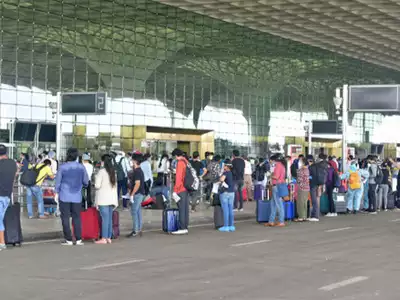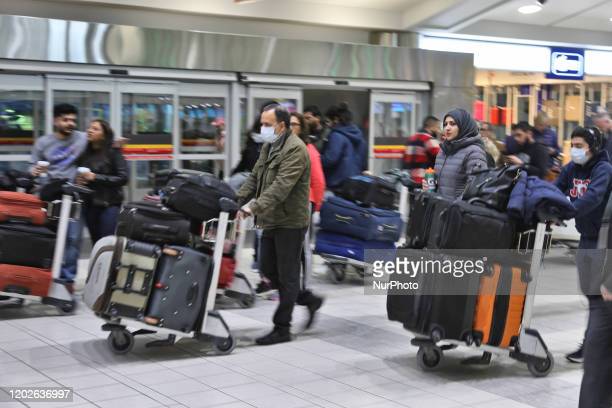Indian Visa For Japanese Citizens And Indian Visa For Latvian Citizens
If you are a Japanese citizen and want to visit India, or a Latvian citizen and want to visit India, you will need to apply for an Indian visa. The process of getting an Indian visa can be quite complicated and time-consuming, so if you are travelling to India for leisure purposes or for work, it is worth considering applying for an Indian visa through a specialist visa service.
What is the Indian Visa?
Japanese citizens can apply for an Indian visa online. Latvian citizens can apply for an Indian visa through a local embassy or consulate. Both Japanese and Latvian citizens must have a passport valid for at least six months after the date of travel. The application process takes around two weeks. Indians charge a processing fee of Rs 1000 ($15) per applicant. INDIAN VISA FOR JAPANESE CITIZENS
How to get an Indian visa?
In order to obtain an Indian visa, you will need to first have a valid passport from your country of citizenship. You can then apply for an Indian visa at your local Indian embassy or consulate. The process of obtaining an Indian visa typically takes around two weeks. There are some exceptions to this rule, however, so it is important to check the consulate website for specific information on how to apply. Once you have obtained your Indian visa, make sure that you bring the necessary documents with you when you travel to India. These documents may include your passport photo, your application form, and proof of financial support.
Requirements for an Indian visa?
There are a few requirements that Japanese citizens need in order to apply for an Indian visa.
Firstly, the applicant must have a valid passport which is at least six months beyond their intended stay in India. Additionally, they must have proof of tourist or business intentions in India and a return ticket.
Latvian citizens do not require any special documentation to apply for an Indian visa, as all that is required is a valid passport and a photocopy of the citizen’s ID card.
How to apply for an Indian visa?
If you are a Japanese citizen and want to visit India, you first need to apply for an Indian visa.
You can apply for an Indian visa through the Japanese embassy or consulate in your home country. INDIAN VISA FOR LATVIAN CITIZENS
To find the Japanese embassy or consulate in your home country, go to the website of the Ministry of Foreign Affairs of Japan.
The process of applying for an Indian visa is usually simple and takes about two weeks. However, there may be some minor details that you must provide when applying for your visa.
When applying for your Indian visa, make sure that you have all of the following information: Your passport photo
Your passport copy
Your arrival/departure card from your previous travel destination(s)
Your travel insurance policy
In addition to this information, you will also need to provide proof that you have enough money to cover your stay in India. This can be any one of the following: A bank statement showing that you have at least JPY 25,000 (approximately $300) available A hotel reservation confirmation with a reservation amount greater than JPY 25,000 An international flight ticket with a passenger name and seat number ready You can obtain more information on how to prepare for your trip to India from the website of the Ministry of Foreign Affairs of Japan.
What are the benefits of getting an Indian visa?
There are a few benefits of getting an Indian visa for Japanese citizens and Indian visa for Latvian citizens.
The first benefit is that both visas allow you to stay in India for a period of 90 days. This allows you to explore the country and see some of the attractions that it has to offer.
Another benefit of getting an Indian visa is that it allows you to work in India. If you have a valid visa, then you can work in any field that is open to foreigners. This includes companies that are registered with the government, as well as those that are not registered but are licensed by the government.
Finally, if you have a valid Indian visa, then you are allowed to travel within India. This means that you can visit any place in India that is open to tourists.






